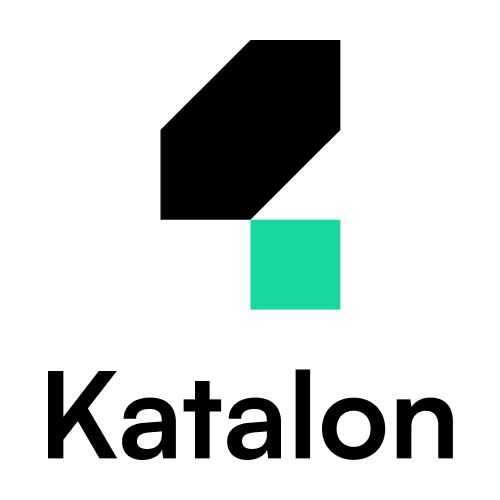15 Highly-Rated DevOps Tools for 2022
Mar 24, 2022

Katalon is the leading low-code test automation solution for Web, API, Mobile, and Desktop apps.
Katalon is the leading low-code test automation solution for Web, API, Mobile, and Desktop apps.
Apr 02, 2022
Apr 02, 2022